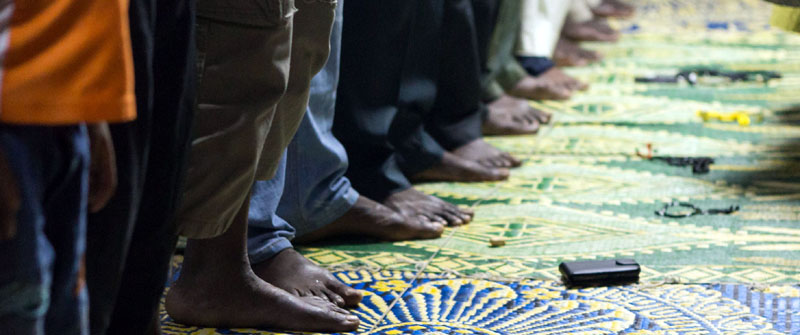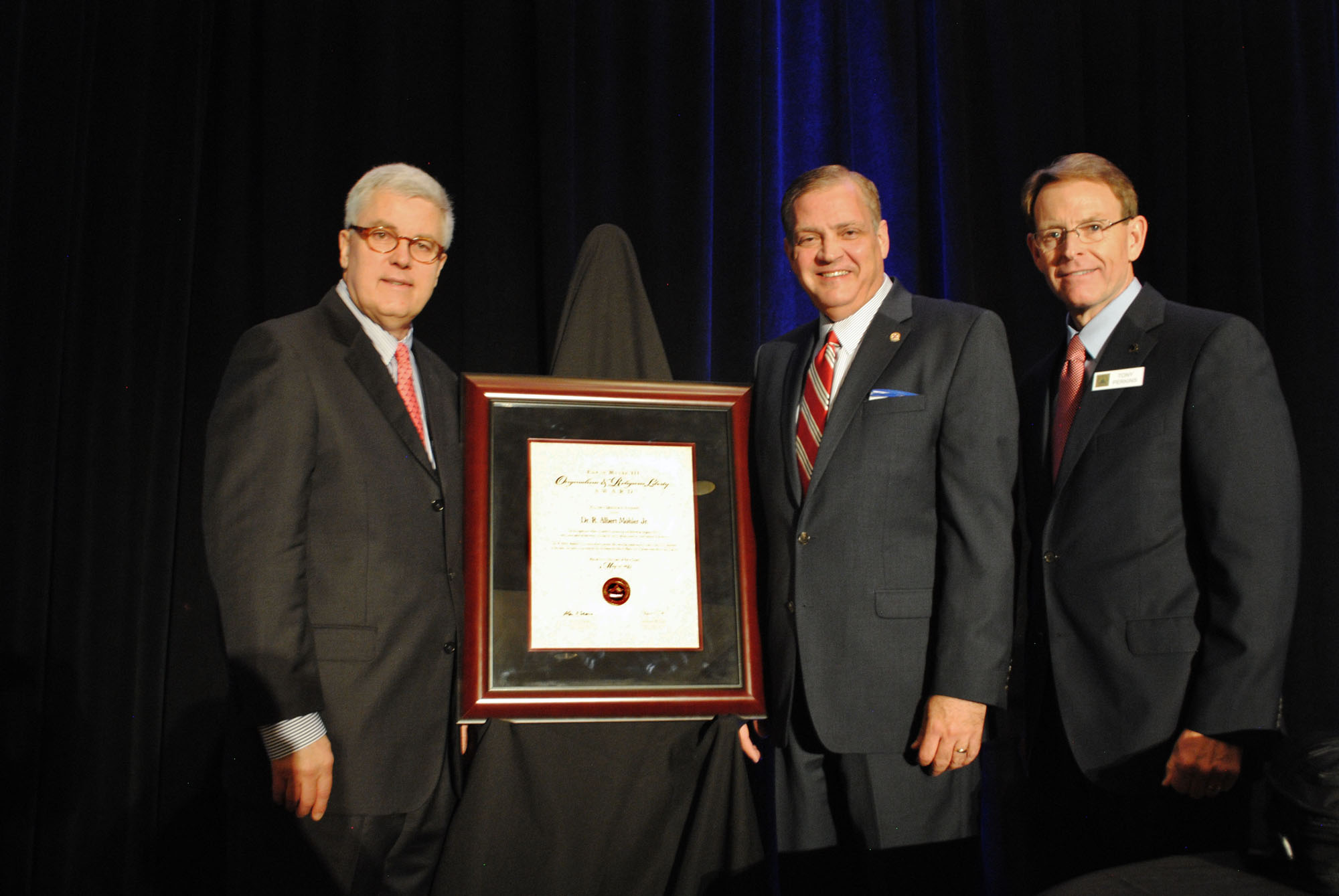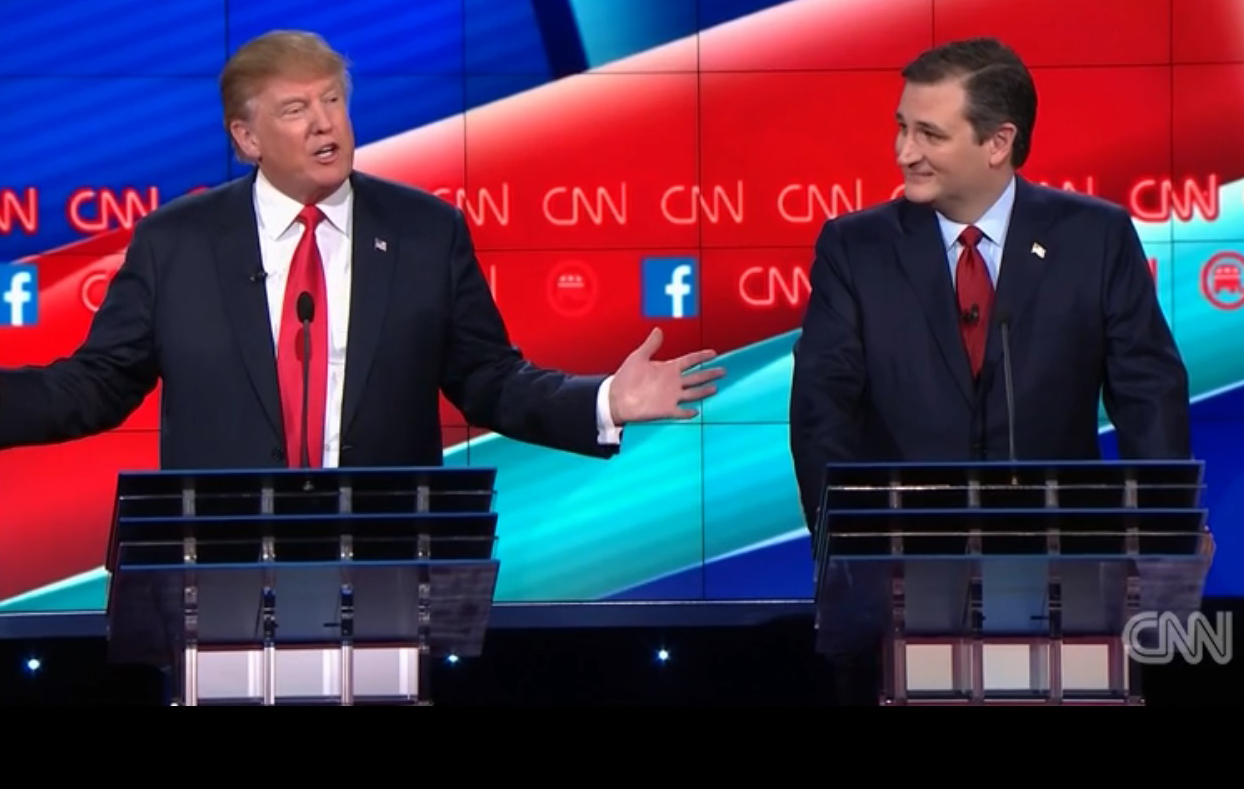
IOWA CITY, Iowa (BP) — A Christian student group at the University of Iowa has filed suit against the school after losing its status as an official on-campus organization because it requires leaders to hold Biblical beliefs about sexuality.

Business Leaders in Christ launched in 2015 and has about 10 members. In February, the group denied member Marcus Miller a leadership role after he revealed he was gay. Miller filed a complaint with university administrators, who decided in November the group had violated the school’s nondiscrimination policy.
The school requires on-campus groups to guarantee “that equal opportunity and equal access to membership, programming, facilities, and benefits shall be open to all persons,” according to spokeswoman Jeneane Beck.
But all groups should be allowed to ensure leaders share the same beliefs, whether religious or not, argued the group’s attorney, Eric Baxter with the religious liberty firm Becket.
“Every organization to exist has to be able to select leaders who embrace its mission,” he said. “You would never ask an environmental group to have a climate denier as their leader. It’s the same thing here.”
Like most other campus Christian groups, Business Leaders in Christ allows all students to participate, regardless of belief. But leaders must affirm the group’s statement of faith, which upholds gender based on biology and marriage between one man and one woman: “Every other sexual relationship beyond this is outside of God’s design and is not in keeping with God’s original plan for humanity.”
Without recognition as an official student group, Business Leaders in Christ cannot reserve campus meeting space, participate in student recruitment fairs, access funds from student activity fees, or use university-wide communication services. The group filed an emergency request for reinstatement before the spring member recruitment fairs on Jan. 24 and 25. The group calls the fairs “crucial to its existence.” A federal judge in Iowa was expected to consider the injunction request today.
The U.S. Supreme Court in 2010 ruled against another campus Christian group, the Christian Legal Society, in a similar case involving statements of faith. In a 5-4 ruling, the court said the University of California’s Hastings Law School could require student groups to adhere to an “all-comers” policy that made them open to all members and leaders, regardless of belief. But the court didn’t rule on whether the school consistently applied its policy, leaving room for another legal challenge. At a large public college, which allows sports clubs, fraternities, and sororities to restrict membership based on sex, administrators might have a much more difficult time arguing for the consistent application of an “all-comers” policy.
After the Hastings ruling, Christian campus groups faced increased attempts by universities to force them to submit to nondiscrimination policies. Most public colleges eventually backed away from a showdown, allowing groups to continue operating without interference. But Christians have found less freedom at private schools, which aren’t bound by constitutional religious liberty protections. In 2012, Vanderbilt University in Nashville, Tenn., became the largest private school to enforce a nondiscrimination policy. Fifteen groups — including Baptist Collegiate Ministry — refused to comply and lost their official student group status.
Since then, the battle over religious liberty on campus has largely died down, but the Iowa case suggests it could be regaining momentum.
The case is BLinC v. University of Iowa.


















